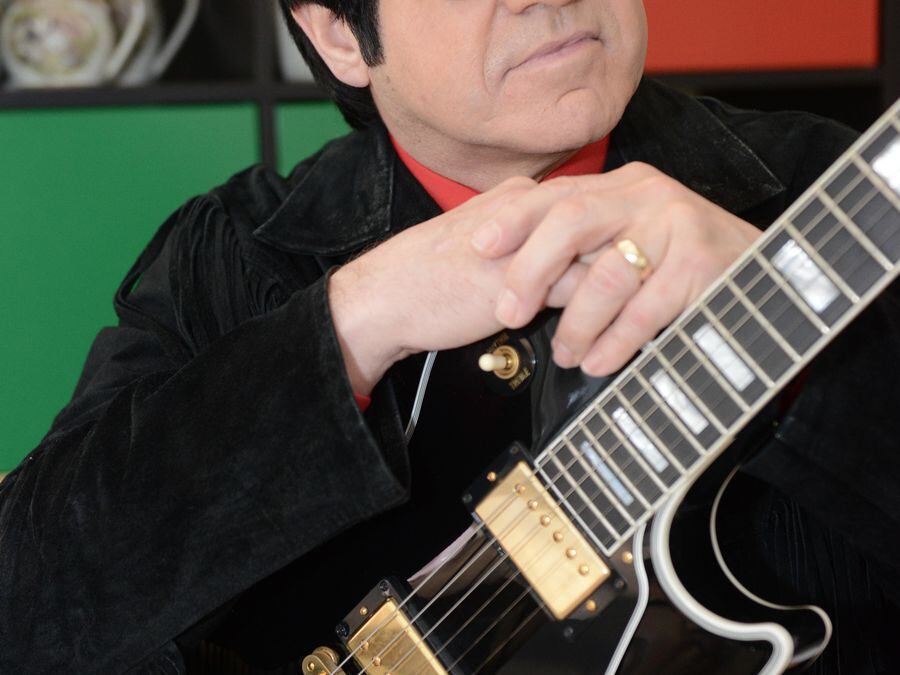

The son of a Florida insurance salesman, Petty quit high school to start Mudcrutch at age 17 with Mike Campbell and Benmont Tench.
The three of them – later rechristened Tom Petty and the Heartbreakers with the addition of some new members – ended up as rock and roll legends anyway, selling millions and millions of albums.
All it took was a little tinkering, a lot of patience and the ability to take a proverbial punch.
Campbell and Tench subsequently began working with Ron Blair and Stan Lynch after Mudcrutch’s aborted search for fame and fortune in Los Angeles.
One of their demos caught Petty’s attention and, in turn, sparked a new band: Tom Petty and the Heartbreakers ended up taking over the Mudcrutch record contract that Petty had initially secured with ‘s Shelter Records.Leon Russell
Tench “really handpicked the Heartbreakers. They were all Gainesville guys who had moved out to L.A., so I was invited to play the harmonica,” Petty told Billboard in 2005.
“I went by the Village Recorder in Santa Monica, and I was like, ‘What a band!’ And being the cunning businessman that I am, I said, ‘You know, backing up Benmont’s fine, but there’s no reason you couldn’t have me in the band and I have a record deal, so you could circumvent the whole try-to-make-it thing and go in with me,’ and we were off.”
Petty was finally on his way. Well, sort of.
A self-titled debut album stalled at No. 55, but the song “American Girl” quickly put in place a heady mixture of vintage folk-rock, greasy Southern feel and then-new post-punk sounds which would one day form the basis of Tom Petty and the Heartbreakers’ multi-platinum success.
All they needed was a break. It came in the form of a U.K. tour opening for Nils Lofgren, later of E Street Band fame.
They connected with audiences there, and that first studio project finally took off on the British charts – prompting the re-release of “Breakdown” in the U.S. The single ended up finally cracking the Top 40 nearly a year after Tom Petty and the Heartbreakers was issued.
A foundational connection to the Byrds, ratified through the ringing sounds of Petty’s 12-string Rickenbacker, ran through the entirety of his work.
Roger McGuinn covered their early single “American Girl” on 1977’s Thunderbyrd, and Petty returned the favor by including the Byrds’ “I’ll Feel a Whole Lot Better” on 1989’s Full Moon Fever.
His last collaboration completed this circle, with Petty serving as a producer on Byrds co-founder Chris Hillman’s 2017 album Bidin’ My Time.
Petty remained intent, however, on finding his own path. The Heartbreakers’ sophomore release, 1978’s You’re Gonna Get It!, nearly cracked the Top 20.
That’s when a pitched legal battle threatened to derail everything. Unable to renegotiate that early contract, Petty instead decided to file for bankruptcy.
Months of litigation followed before Petty was finally able to rally around 1979’s triple-platinum Damn the Torpedoes – his long-awaited coronation. A No. 2 smash, the album spawned a pair of Top 20, career-defining hits in “Don’t Do Me Like That” and “Refugee.”

Leave a Reply